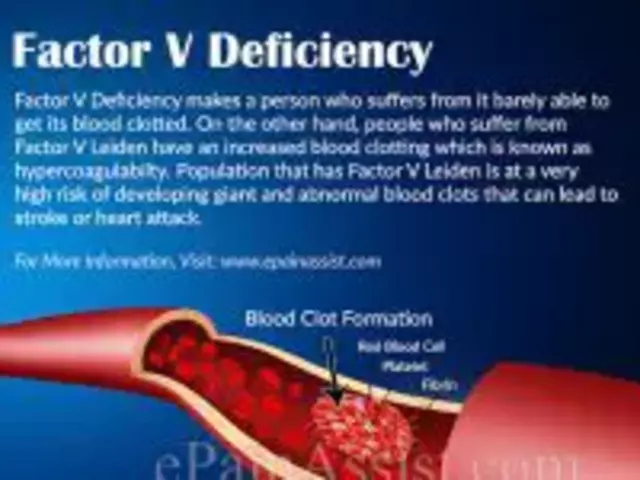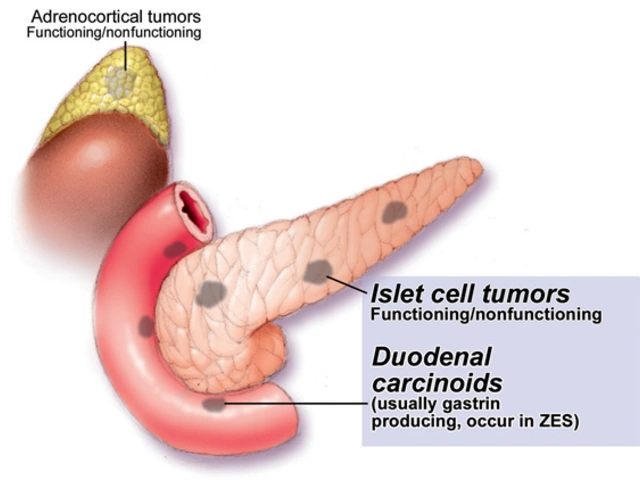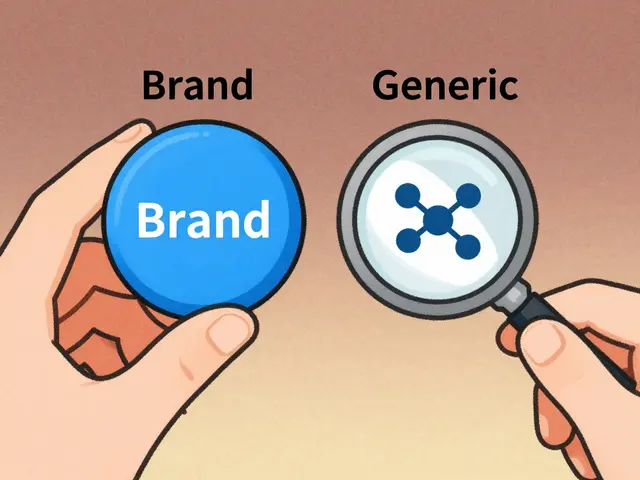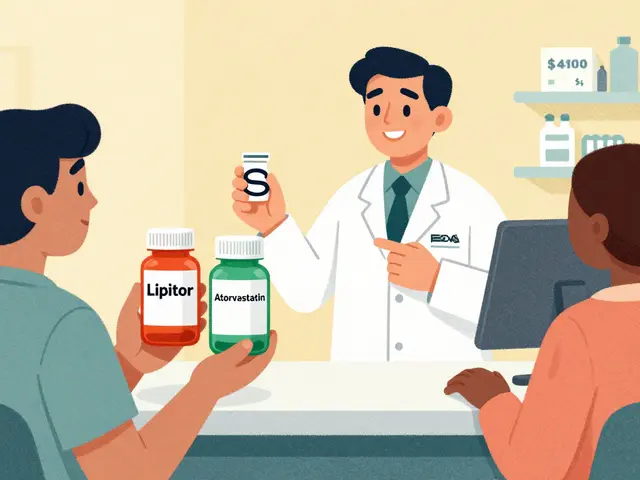Skin condition remedies: practical fixes you can try today
Tired of redness, itch, breakouts, or dry patches? You don't need fancy products to start improving your skin. Below are easy, evidence-backed steps and common remedies that work for everyday problems like acne, eczema, fungal rashes, and sun damage. Use what fits your issue and test carefully.
Common over-the-counter remedies
Acne: Look for benzoyl peroxide (2.5–10%) to kill bacteria and reduce breakouts, or salicylic acid (0.5–2%) to unclog pores. Start with lower strength to avoid irritation. Use once daily at first and increase to twice if your skin tolerates it.
Eczema and itchy skin: A plain 1% hydrocortisone cream can calm inflammation for short periods. Regular moisturizing is the real game-changer—choose a thick cream or ointment with ingredients like ceramides or glycerin. Apply right after bathing to lock in moisture.
Fungal rashes (ringworm, athlete’s foot): Topical antifungals such as clotrimazole or terbinafine usually clear mild infections in 1–4 weeks. Keep the area dry and use medication for the full recommended time even if symptoms fade.
Sun damage and prevention: A broad-spectrum sunscreen SPF 30+ protects skin and helps heal. For sunburn relief, cool compresses and gentle moisturizers help; avoid oils and heavy creams on broken skin.
Practical home-care tips and safety checks
Patch test new products on the inside of your forearm for 48 hours before using on larger areas. Avoid mixing multiple active treatments at once—combining benzoyl peroxide with retinoids can dry and irritate skin unless spaced properly (e.g., one in the morning, one at night).
Keep routines simple: cleanse gently, treat the problem area, and moisturize. Harsh scrubs, hot water, and alcohol-based toners often make skin worse, not better. For fungal or bacterial infections, don’t rely on home remedies alone—use proven topical meds.
Diet and lifestyle: Hydration, a balanced diet, and sleep help skin repair. For acne, reducing high-glycemic foods and dairy may help some people, but results vary—track changes for several weeks before deciding if something helps.
When to see a doctor: If a rash spreads quickly, won’t improve after proper OTC treatment, causes severe pain or fever, or is on the face/genitals, get checked. Also seek medical advice for persistent acne that scars or for eczema that disrupts sleep. Prescription options include topical retinoids, oral antibiotics, antifungals, and in specific cases, stronger therapies like isotretinoin—these need medical supervision.
Small changes often make the biggest difference: gentle care, the right OTC product, and a quick patch test. If you’re unsure, a short consult with a GP or dermatologist can save time and prevent scarring or complications.

- May 10, 2024
- Posted by Cillian Osterfield
Exploring Aripiprazole as a Vitiligo Treatment: New Insights
Vitiligo is a skin condition that causes loss of pigment, leading to white patches on the skin. Aripiprazole, a drug commonly used for psychiatric disorders, is emerging as a potential treatment for vitiligo. This article delves into the science behind it, how it works, and real-world patient experiences, offering a comprehensive look at this potential new remedy.
Categories
- Health and Wellness (70)
- Medications (68)
- Health and Medicine (28)
- Pharmacy Services (12)
- Mental Health (9)
- Health and Career (2)
- Medical Research (2)
- Business and Finance (2)
- Health Information (2)
Latest Posts
©2026 heydoctor.su. All rights reserved





